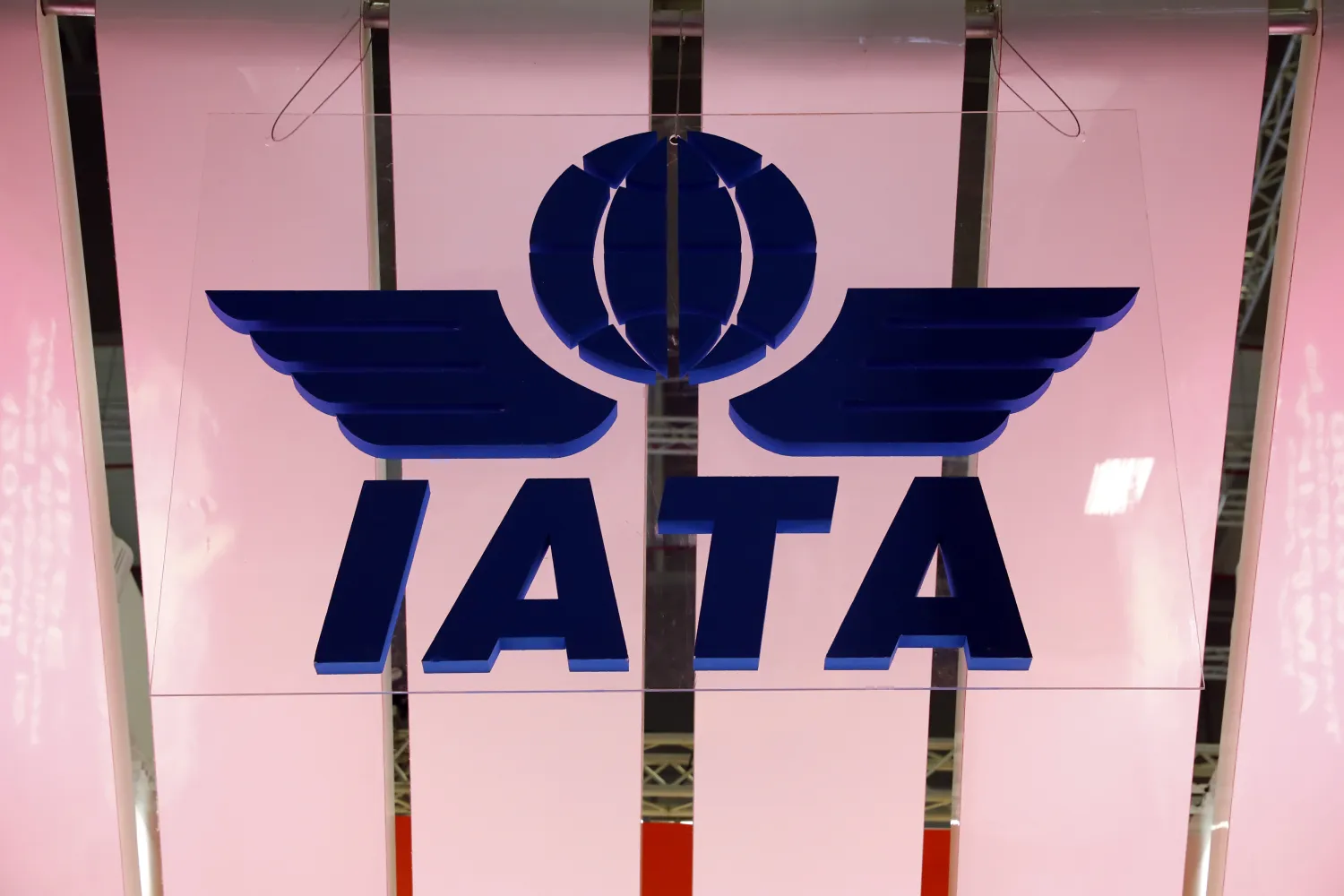Saudi Arabia said on Wednesday that global airlines industry body IATA had agreed to open a regional headquarters in Riyadh.
The General Authority of Civil Aviation (GACA) late on Wednesday announced it had signed a "headquarters agreement" with the International Air Transport Association (IATA) to open its "regional office in the Kingdom."
IATA, which represents some 290 airlines around the world, currently has its regional office in Jordan's capital Amman, Reuters reported.
IATA said the body had agreed to set up an office in Saudi Arabia to “serve the growing needs of the industry” in the Kingdom.
Saudi Arabia has called on companies to move their regional offices to the Kingdom, saying that from 2024 it would not award state contracts to those with regional headquarters elsewhere.
The move is one of many recent economic and social reforms in an effort to diversify the economy away from its oil dependence.
Saudi Arabia last week announced a transportation and logistics drive aimed at making the Kingdom the fifth-biggest air transit hub.









